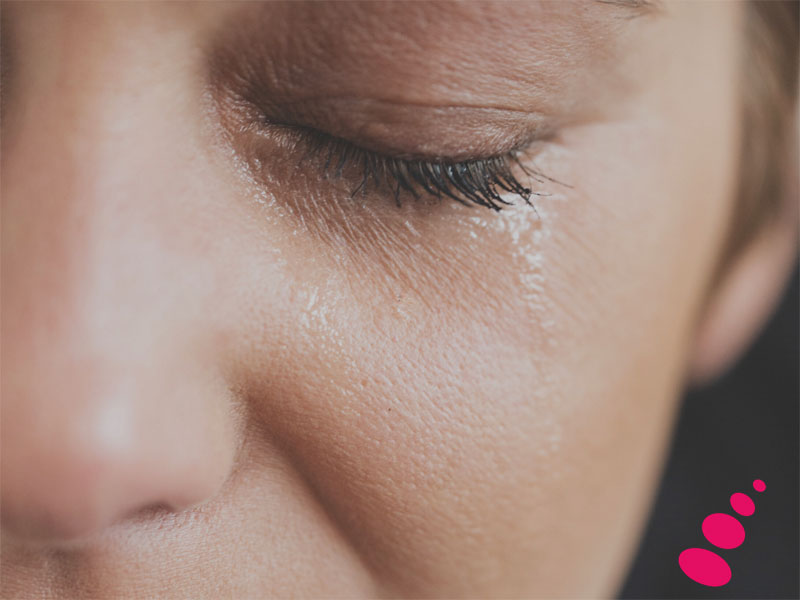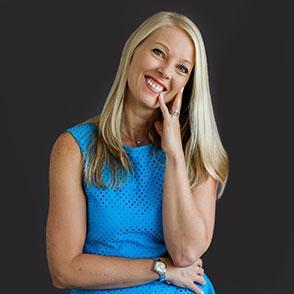
Mental Health in an Unequal World
In recognition of world mental health day on Sunday 10th October, we have been shining a light on mental health this week so that everyone takes their mental health care seriously as it affects literally everything that we do and everyone around us.
The theme that has been chosen for 2021 is ‘Mental Health in an Unequal World’ as we continue to see the very wealthy becoming wealthier and the number of people living in poverty is still far too high. Inequalities due to race, ethnicity, sexual orientation, gender identity, human rights issues, employment opportunities are inequalities that are having an impact on people’s mental health.
We do not all have an equal opportunity to flourish, as too many children start from a position of disadvantage in the journey towards good mental health and too many adults are hindered by circumstances beyond their control.
The stigma and discrimination surrounding people who experience mental ill health not only affects their physical and mental health, but it also affects their educational opportunities, current and future job prospects and also affects their families and loved ones. This inequality needs to be addressed as it should not be allowed to continue.
How do we tackle these inequalities to reduce mental health problems? According to the Mental Health Foundation – Tackling Inequalities Report, action should be taken at three levels.
- Structural measures
Seeking to reduce income, inequality, poverty, unemployment, domestic violence, discrimination, and homelessness.
- Strengthening community assets
Increase social connectedness, improve community environments, foster participation in community decision-making and increase awareness of both risk factors and community resources to support mental health and wellbeing.
- Increasing individual and group resilience.
Provide education about how to look after one’s own mental health, peer support and showing people how they can contribute to the mental health of their communities and families.
That is all well and good, but is there anything that you can do, to help those around you? The good news is YES….
- Listen…. Listen without making judgements and concentrate on their needs at that moment. Don’t pressure them into telling you anything they aren’t ready to talk about, as that takes a lot of trust and courage.
- Ask them what would help them
- Reassure them, be there for them and let them know where they can seek professional help. Try and avoid giving advice and saying ‘at least…..’
- Avoid confrontation, again, just be there for someone ‘say… ‘I’m here for you’ Those are powerful words.
- Ask if there is someone they would like you to contact. If you believe they are in immediate danger, or they have injuries that need medical attention, you need to take action to make sure they are safe.
Remember that sometimes it will seem obvious when someone is going through a hard time, but people are very good at hiding how they are truly feeling, so respond sensitively to someone who seems troubled. No two people will behave in exactly the same way when they are unwell, but if you know the person well, you may notice changes in their behavior or mood.
If you find that your mental health isn’t where is should be, please talk to someone you trust. Experiencing mental ill health is not (should not) be frowned upon. Seek advice and support as soon as possible and know that ‘It’s okay to not be okay’.

Pam has lived and worked in the Cayman Islands for more than sixteen years and brings with her a wealth of knowledge and experience of the Cayman Islands Immigration Law, Labour Law, and the local and international recruitment landscape.

